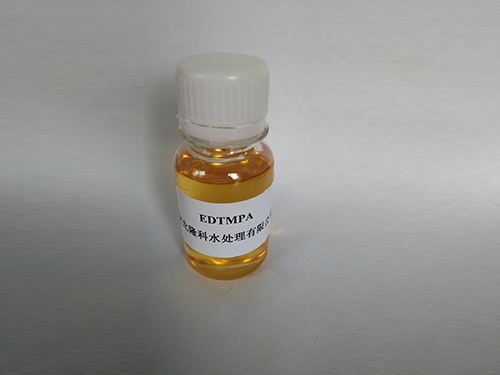cationic polyacrylamide uses
Cationic polyacrylamide (CPAM) is a versatile polymer widely utilized across various industries due to its unique chemical properties and functionalities. With its cationic character, CPAM demonstrates excellent flocculating and coagulating abilities, making it invaluable in water treatment, paper manufacturing, and other applications.
One of the primary uses of cationic polyacrylamide is in wastewater treatment. It acts as a flocculant that aggregates suspended particles, facilitating their removal from water systems. Municipalities and industries alike benefit from CPAM’s ability to clarify water, ensuring compliance with environmental regulations. Its effectiveness in reducing turbidity and improved sedimentation rates makes it a preferred choice in both primary and secondary treatment processes.
In the paper industry, cationic polyacrylamide plays a crucial role in enhancing the quality of paper products. It is used as a wet-end additive to improve retention of fines and fillers during the papermaking process. This leads to better paper strength and reduced waste, enhancing overall production efficiency. Additionally, CPAM's properties help in controlling the drainage rates, which optimizes the formation of sheets and reduces energy consumption during drying.
Another significant application of CPAM is in the field of oil recovery. As an additive in enhanced oil recovery (EOR) processes, it improves the viscosity of the injection fluids, leading to better displacement of oil from porous rock formations. This results in increased recovery rates and overall efficiency in oil extraction operations.
cationic polyacrylamide uses

In the cosmetic industry, cationic polyacrylamide is utilized for its conditioning properties
. It is often found in hair care and skin care products where it helps to provide a smoother texture and enhance the feel of the product. Its ability to form films on the skin or hair makes it a desirable ingredient for many formulations.Furthermore, cationic polyacrylamide can also be used in agriculture as a soil conditioner. It helps in controlling erosion, improving water retention, and enhancing soil structure, which is particularly beneficial in farming practices.
In conclusion, cationic polyacrylamide is a multifaceted polymer with significant applications across various sectors. Its properties allow for innovative solutions in water treatment, papermaking, oil recovery, cosmetics, and agriculture, demonstrating its importance in modern industrial practices. As industries continue to seek efficient and environmentally friendly materials, CPAM's role is likely to expand further.
-
lk-319-special-scale-and-corrosion-inhibitor-for-steel-plants-advanced-solutions-for-industrial-water-systemsNewsAug.22,2025
-
flocculant-water-treatment-essential-chemical-solutions-for-purification-processesNewsAug.22,2025
-
isothiazolinones-versatile-microbial-control-agents-for-industrial-and-consumer-applicationsNewsAug.22,2025
-
scale-inhibitor-key-solutions-for-water-system-scale-preventionNewsAug.22,2025
-
organophosphonates-versatile-scale-inhibitors-for-industrial-water-systemsNewsAug.22,2025
-
scale-and-corrosion-inhibitor-essential-chemical-solutions-for-water-system-maintenanceNewsAug.22,2025





